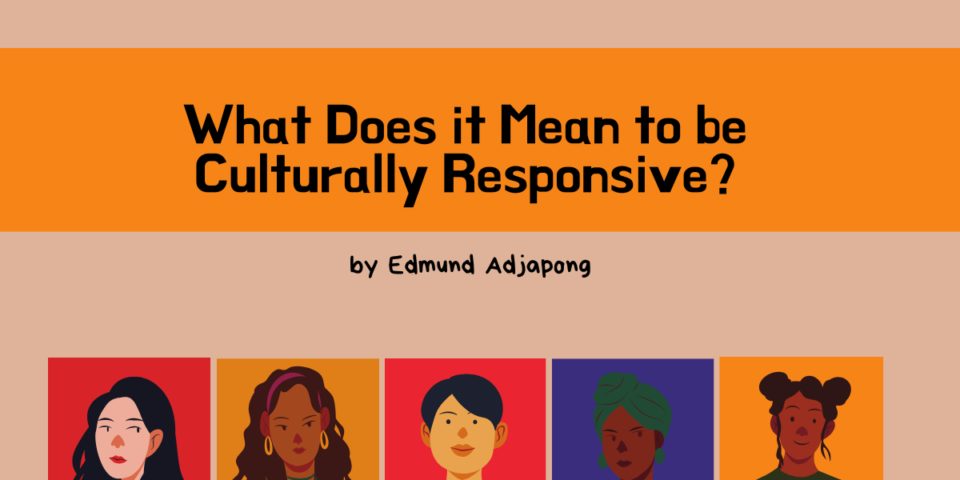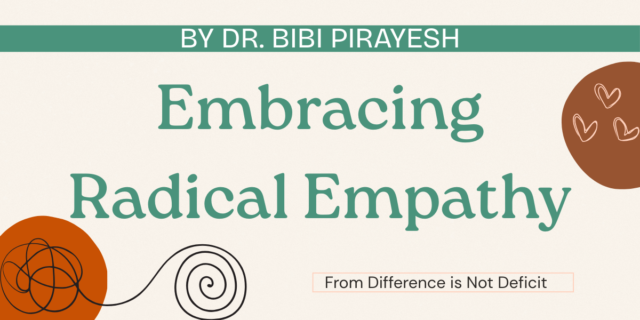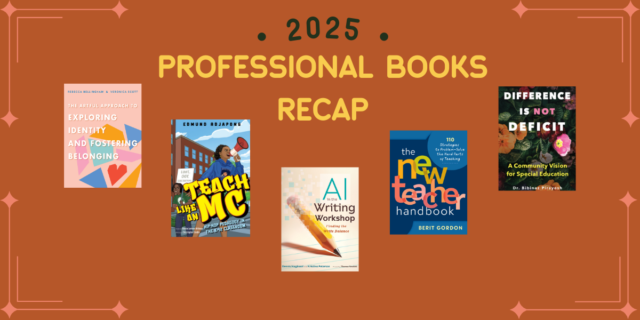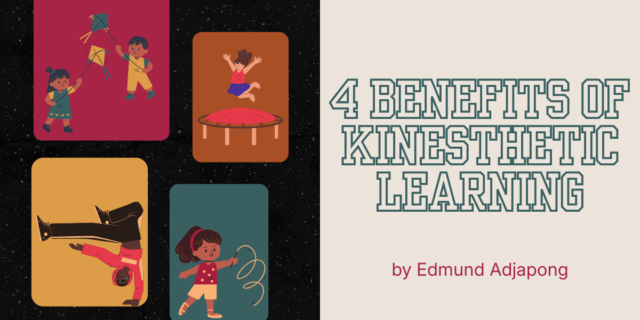
The following is an excerpt from Edmund Adjapong’s Teach Like an MC: Hip-Hop Pedagogy in the K-12 Classroom.
Many educators and scholars use the terms culturally responsive, culturally relevant, and culturally sustaining interchangeably to communicate a range of ideas that highlight the value of respecting and honoring students’ cultures across educational contexts. The three theories of practice have similar aims to support the academic achievement of students of diverse cultural, ethnic, linguistic, and racial backgrounds through teaching practices that affirm the various components that makeup students’ identities.
Culturally Relevant Pedagogy
Culturally Relevant Pedagogy was conceptualized by Gloria Ladson-Billings through her extensive research in schools with Black educators, where she sought to redefine narratives around Black student achievement as well as counteract deficit views of Black youth. Culturally Relevant Pedagogy is defined as a “theoretical model that not only addresses student achievement but also helps students to accept and affirm their cultural identity while developing critical perspectives that challenge inequities that schools (and other institutions) perpetuate” (Ladson-Billings 1995, 469). A teacher employing culturally relevant pedagogy operates under the belief that students from every racial, ethnic, and cultural background are capable of academic success. This approach to teaching recognizes that students can exhibit their cultural competence in a variety of ways, which should be privileged in the classroom. Further, a culturally relevant teacher is aware and encourages students to be aware and critical of both societal and educational systems that perpetuate injustices (Ladson- Billings 1995). Ladson-Billings stresses the significance of the teacher-student relationship and the importance of teachers understanding and acknowledging that the diverse identities of their students significantly influence their educational experience. Therefore, culturally relevant teaching is a way to “empower students intellectually, socially, emotionally, and politically by using cultural referents to impart knowledge, skills, and attitudes” (1994, 18).
Culturally Responsive Pedagogy
Culturally Responsive Pedagogy was conceptualized by Geneva Gay (2018) as she advocated for a “paradigmatic shift in the pedagogy used with non-middle-class, non-European American students in U.S. schools” (25). Culturally responsive teaching is defined as “using the cultural knowledge, prior experiences, frames of reference, and performance styles of ethnically diverse students to make learning encounters more relevant to and effective for them” (36). Gay highlights that culturally responsive teaching “filters curriculum, content, and teaching strategies through their cultural frames of reference to make the content more personally meaningful and easier to master,” which traditional instructional ideologies fail to do for students of diverse backgrounds (32). Further, Gay argues that culturally responsive pedagogy is inherently “radical because it makes explicit the previously implicit role of culture in teaching and learning, and it insists that educational institutions accept the legitimacy and viability of ethnic-group cultures in improving learning outcomes” (32). Ultimately, it argues that culture is essential to effective instruction, and educational institutions must acknowledge and privilege students’ cultures to support and improve student learning outcomes.
Culturally Sustaining Pedagogy
Culturally Sustaining Pedagogy was conceptualized by Django Paris and Samy Alim and “is a critical educational framework that seeks to recognize, sustain, and center the cultural practices, identities, and knowledge of diverse communities, particularly those historically marginalized by systemic inequalities” (Alim, Paris, and Wong 2020, 261). This framework serves as an extension of previously discussed asset-based pedagogies, such as culturally relevant pedagogy, to explicitly articulate and advocate for the sustenance of systemically marginalized communities and students’ diverse identities within the school community. Culturally Sustaining Pedagogy is an approach to instruction that recognizes that culture is a dynamic set of values, beliefs, and practices that varies across students’ social identities (including, but not limited to, race, gender, sexuality, disability, socioeconomic status, and geographical location) and should be sustained by school communities. “Culturally Sustaining Pedagogy advocates for an educational approach that not only acknowledges centuries of oppression and domination but also draws on the resilience, resistance, and revolutionary spirit of marginalized communities. This pedagogy emphasizes the importance of sustaining and revitalizing cultural [and linguistic] practices and beliefs as acts of resistance against racialized white terror and oppression” (262). The aim of Culturally Sustaining Pedagogy is to “transform education into a space that sustains and nurtures the lifeways and potentials of all communities, particularly those that have been historically marginalized and oppressed” (262).
Overall, Culturally Relevant, Responsive, and Sustaining Pedagogies each present a nuanced approach to education, emphasizing the importance of acknowledging and integrating students’ diverse cultural backgrounds into the learning environment and instruction. While Culturally Relevant Pedagogy focuses on affirming students’ cultural identities, academic rigor of student curricula, and challenging institutional inequities, Culturally Responsive Pedagogy centers on adapting teaching methods to match the cultural contexts of diverse students, thereby enhancing their learning experience. Finally, Culturally Sustaining Pedagogy extends these concepts by actively sustaining and revitalizing the cultural practices of historically marginalized communities. Collectively, asset-based pedagogies emphasize a shift in traditional educational paradigms, moving away from a one-size-fits-all approach to one that is deeply rooted in cultural empathy, responsiveness, sustainability, and liberatory practices. They highlight the necessity of creating educational spaces that are not only inclusive but also liberatory, where both educators and students critique society through their expanded understandings of political, social, and historical knowledge while fostering an environment where all students can thrive both academically and personally. Elements of all three pedagogies can be found in hip-hop pedagogy.



